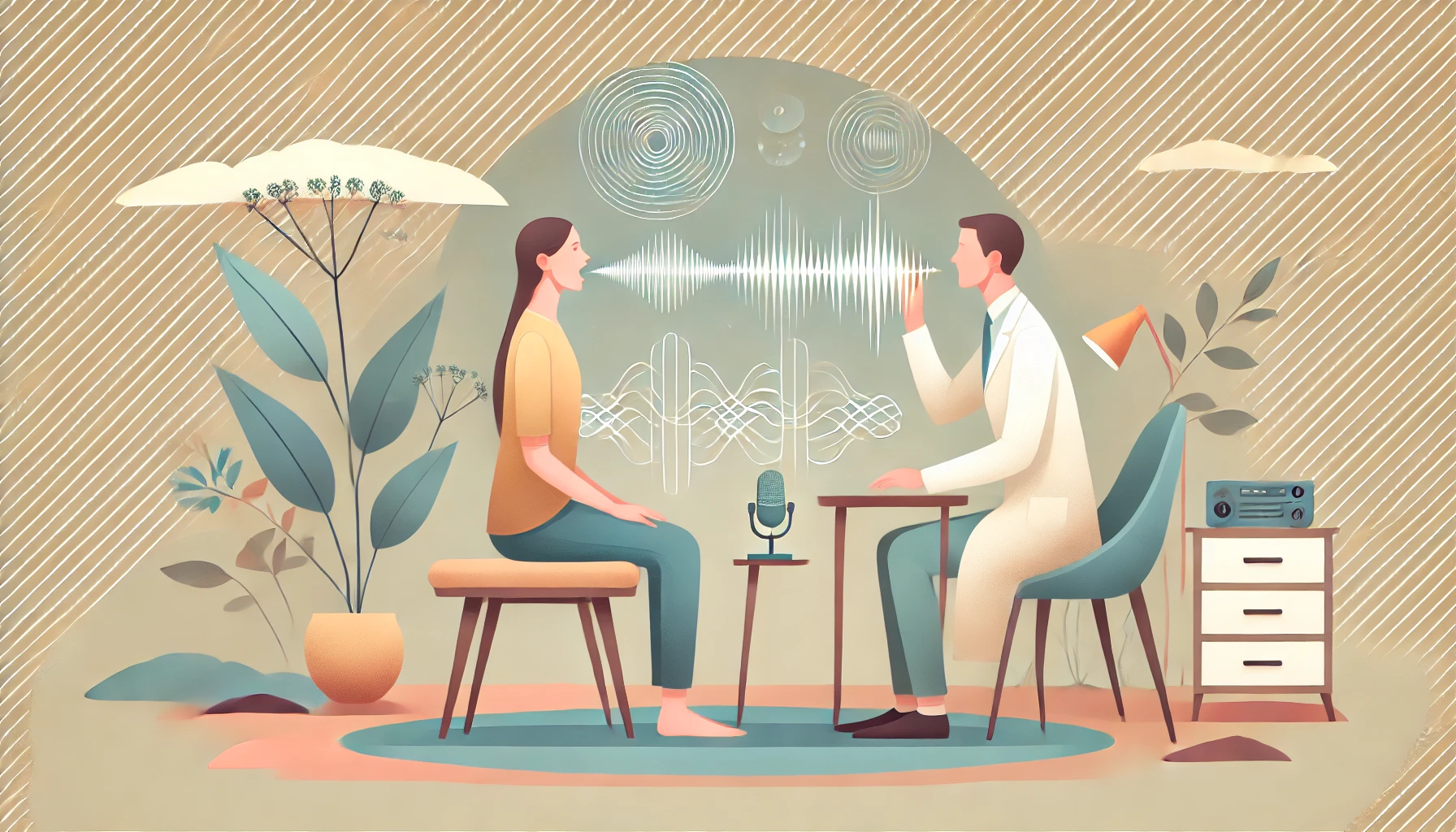Resonance therapy is an innovative approach to enhancing speech clarity. It focuses on the sound quality produced during speech, particularly the vibrations that occur in the vocal tract. By addressing resonance, this therapy can help individuals improve their communication skills. For more information on resonance therapy, visit https://talkincslp.ca/.
Understanding Resonance in Speech
Resonance refers to the amplification and quality of sound produced by vibrating objects. In the context of speech, it involves the way sound waves travel through the vocal cords and are shaped by the throat, mouth, and nasal passages. When these structures are functioning well, the voice sounds clear and strong. However, various factors can lead to resonance issues, which may affect speech clarity.
Causes of Resonance Disorders
Several factors can contribute to resonance disorders. Structural abnormalities, such as a cleft palate or nasal obstruction, can significantly impact how sound resonates. Neurological conditions, like stroke or cerebral palsy, can also influence speech production. Additionally, behavioral issues, such as muscle tension dysphonia, can affect vocal quality.
How Resonance Therapy Works
Resonance therapy uses specific techniques to help individuals improve their vocal resonance. The therapy typically involves exercises that target the muscles involved in speech production. By focusing on these muscles, clients learn to optimize their vocal quality. The exercises may include humming, vowel prolongation, and nasal resonance techniques.
One key aspect of resonance therapy is its focus on awareness. Clients are taught to recognize how their voice sounds and feels during speech. This awareness helps them make adjustments in real-time, leading to more effective communication. For many, this process can significantly enhance their confidence in speaking.
Benefits of Resonance Therapy
Resonance therapy offers numerous benefits. Improved speech clarity is the most immediate advantage. Clients often report that their voices sound fuller and more natural. This clarity can lead to better communication in various settings, including social interactions and professional environments.
Another important benefit is increased vocal strength. Through targeted exercises, clients can build the muscles necessary for effective speech production. Stronger vocal muscles contribute to better breath support, allowing for longer phrases and more controlled speech.
Furthermore, resonance therapy can enhance overall communication skills. As individuals become more aware of their vocal quality, they can adjust their speaking patterns. This adaptability fosters more engaging conversations and improved interactions with others.
Who Can Benefit from Resonance Therapy?
Resonance therapy can be beneficial for a wide range of individuals. Those with structural abnormalities, such as a cleft palate, can see significant improvements. Additionally, individuals with neurological conditions that impact speech may find resonance therapy helpful. This therapy is also effective for anyone experiencing vocal strain or fatigue.
Moreover, professional speakers, singers, and actors can benefit from resonance therapy. Enhancing vocal quality is crucial for these individuals. By improving their resonance, they can deliver their message more effectively and connect better with their audience.
The Role of Speech-Language Pathologists
Speech-language pathologists (SLPs) play a critical role in resonance therapy. They assess individuals’ speech and resonance patterns, determining the most appropriate exercises and strategies. SLPs also provide ongoing support and guidance throughout the therapy process. Their expertise ensures that clients receive tailored approaches to meet their unique needs.
Conclusion: Embracing the Science of Sound
Resonance therapy represents a valuable approach to improving speech clarity. By focusing on the science of sound, individuals can enhance their vocal quality and communication skills. The therapy offers numerous benefits, making it suitable for a diverse range of clients. If you or someone you know could benefit from resonance therapy, consider reaching out to a qualified speech-language pathologist. Explore the possibilities of clearer communication through the power of resonance.
